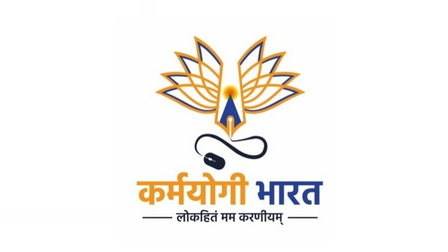
New Delhi, Nov 22 (IANS) Digital platforms on Friday welcomed the government’s decision to implement the new labour codes, saying the reforms will strengthen social security measures for gig and platform workers and create a clearer, more supportive regulatory framework for the sector.
In their responses, Zomato’s parent entity Eternal Limited said the implementation of the new codes will help expand social security access for gig workers associated with its food delivery and quick-commerce operations.
Eternal also said it does not expect the financial impact of the new rules — especially the Code on Social Security (CoSS) — to hurt the long-term stability of its business.
In a regulatory filing, the company added that the exact financial and operational details will become clear once the government notifies the corresponding Rules.
“The consolidation of labour laws provides clearer, more uniform, and consistent rules, which supports
both the country and our ecosystem,” the firm stated.
“One of these four labour codes is Code on Social Security, 2020 (CoSS) which helps strengthen the social security access for gig workers across the country, including those who power our Zomato and Blinkit businesses,” it added in its filing.
Eternal said it has been engaging with the government for years and has been preparing for these contributions.
“At Eternal, we are deeply committed to the wellbeing of gig workers and already provide a range of comprehensive insurance and welfare benefits, free of cost. We are committed to supporting
measures that further improve outcomes for gig workers and hence welcome this announcement,” Zomato parent firm said.
Meanwhile, Amazon said it supports the government’s intent behind the reforms and noted that the Code on Social Security aligns with Amazon’s focus on employee safety and welfare.
The government notified the four labour codes on Friday, replacing and harmonising 29 older labour laws.
The Industrial Relations Code, the Code on Wages, the Occupational Safety, Health and Working Conditions Code, and the Code on Social Security together aim to formalise employment and make labour regulations simpler and more globally aligned.
For the first time, Indian law has defined “gig work,” “platform work,” and “aggregators.”
Under the new rules, aggregators will be required to contribute 1–2 per cent of their annual turnover towards the welfare of gig and platform workers, with the levy capped at 5 per cent of payments made to these workers.
–IANS
pk




